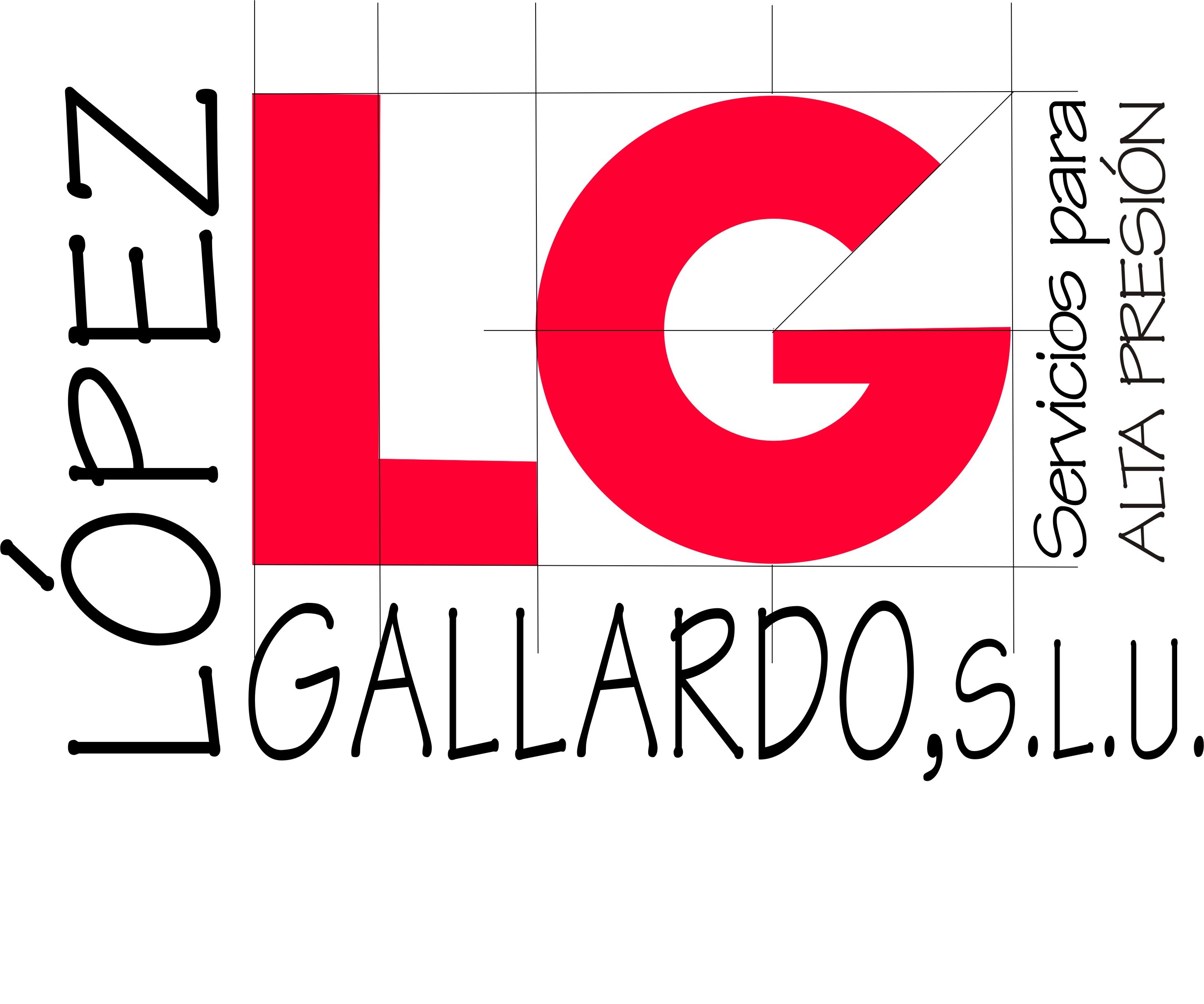Sin categoría
Implementing VDR to get Mergers and Acquisitions (M&A) Procedures
A VDR allows multiple parties to review documents because they engage in a business transaction. It’s a safeguarded, reliable replacement of the sharing data via email or various other free file-sharing platforms that can expose private information and lead to info breaches. Mergers and purchases (M&A) measures are the most usual use pertaining to VDRs, as they involve massive amounts of proof that may be compromised if it falls in the wrong hands.
The M&A process comprises several phases, including homework, contract arbitration and finalization. During research, VDRs allow process optimization: enhancing collaboration and team productivity firms to gradually “open the books” simply by revealing documents to potential buyers in a safe and secure environment. This helps businesses avoid disclosing critical details until that they know a great interested client is devoted to the deal.
A large number of M&A deals require the assistance of external advisors. These can be legal counsel, accountants or auditors that need to review company proof to provide persistent assessment. Having access to the VDR makes it easier for people external advisors to carry out their reviews without needing to travel or meet in person, saving time.
The right VDR can also support M&A clubs retain output and reduce the risk of missed prospects. For example , a VDR with artificial intelligence features like automatic document indexing and optical character acknowledgement (OCR) search can increase review processes. It’s important too to look for a straightforward, familiar interface that works about desktop, tablet and mobile devices. Lastly, a high level of protection must be constructed into the solution with features just like 256-bit security, watermarking and baked-in infrastructure security.

